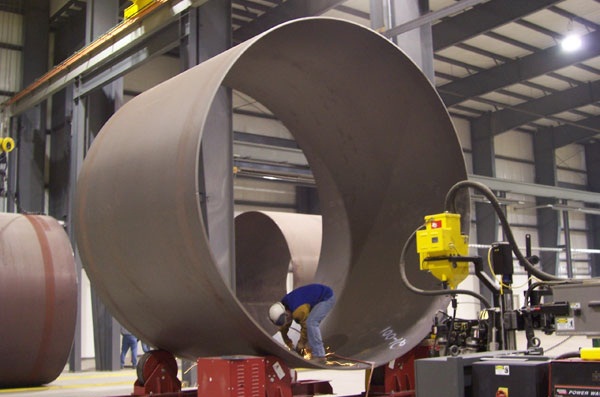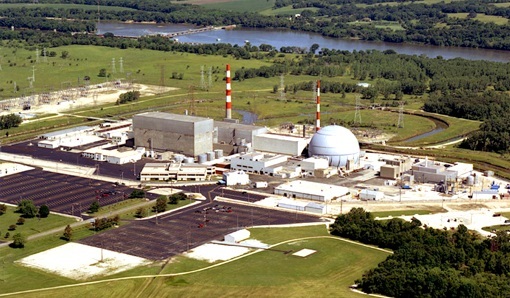Another wind power company is in serious trouble. Katana Summit, a tower manufacturer that employs 214 people in Columbus, Neb., and 79 in Ephrata, Wash., said it is seeking a buyer, and if one doesn’t pop up, it’ll shut down operations.
The company blamed its predicament on the failure of Congress to extend the production tax credit for wind, which will expire at the end of this year. In anticipation of that expiration, wind development plans are being shelved all over the country.

Against that brutal, real-world backdrop, the shape of the PTC debate this week sounded rather esoteric, pivoting on the question of wind power’s role in forcing negative wholesale electricity prices in some areas of the country.
The big energy company Exelon, which owns wind farms but sources more than 90 percent of its power from nukes, has cited this phenomenon in opposing the PTC extension. That prompted the Ameircan Wind Energy Association, the industry’s leading trade group, to toss Exelon from the organization.
So what’s going on here? Exelon complains that the 2.2 cents per kilowatt PTC gives wind power an unfair advantage over the company’s nuclear power plants when energy is in surplus — typically on nights when demand is low and when wind power has picked up. In such situations, energy generators ramp down production, but it’s not so easy to do that quickly with nuclear. Exelon argues that the tax credit allows wind producers to push the price of power below zero and still make money. Meanwhile, Exelon is faced with losing money on its power.
Exelon says that without the PTC, the playing field will be more even.
The AWEA, in a blog post this week, said Exelon is overstating how frequently this happens and also exaggerating the role of the PTC in bringing about such circumstances. “Because wind energy has no fuel cost and extremely low variable (operations and maintenance) costs, even without the PTC wind energy would enter into the market at close to $0/MWh,” the group said. “Thus, the PTC itself has very little effect on real-time electricity prices.
The organization makes a few other important points: improved transmission capacity, which it argues for, would allow grid operators a way to find a home for cheap electricity; consumers benefit from lower prices as marginally cheaper wind displaces fossil fuel-generated power; and, finally, “Fossil and nuclear energy resources are also incentivized, including sizeable taxpayer payments written into the permanent tax code and the omission of pollution costs from their price.”

While Exelon and the AWEA fight it out over that, few signs are emerging that Congress will take up the PTC before the election. For Katana Summit, that will very likely mean its demise. Workers are finishing up some projects now, the company said, but with no new orders on the horizon, layoffs will commence once the current work dries up.
“Despite support from both parties, it seems that the PTC extension has become a political football in an election year and jobs are being lost because of it,” Kevin Strudthoff,
President/CEO of the company, said in a statement. “I hope we can find a buyer to keep these plants operating but unless government policy for renewable energy becomes more stable I’m afraid we’ll see more closures and job losses in the industry into 2013.”